10 GPTs for Biotechnology Powered by AI for Free of 2026
AI GPTs for Biotechnology are advanced generative pre-trained transformers specifically designed to address and solve complex challenges within the biotechnology sector. These AI tools leverage vast amounts of biotechnological data to generate insights, predict outcomes, and provide solutions tailored to the unique needs of this field. By understanding and processing natural language, they can interpret scientific literature, analyze genetic information, and support research and development efforts, making them invaluable for accelerating innovation and discovery in biotechnology.
Top 10 GPTs for Biotechnology are: Metagenomics Analysis,MycoPath™ Ultra,MycologyGPT,Feasibility Sage,CRISPR Tutor,Life Sciences Teacher,RiboRanger,RNA,The ageing epigenome and its rejuvenation,Protocol Generator from knock in to WB
Metagenomics Analysis
Unveil microbial secrets with AI power
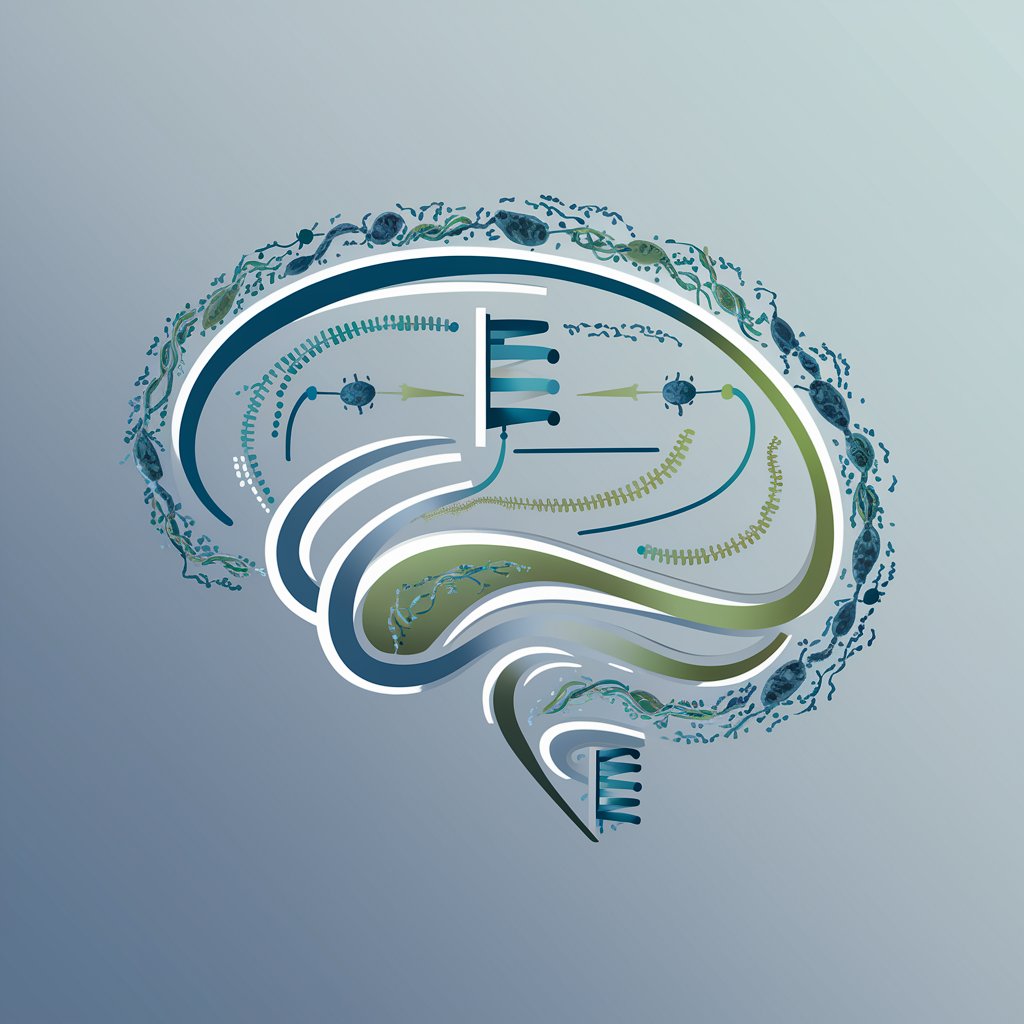
MycoPath™ Ultra
Decoding Fungal Mysteries with AI
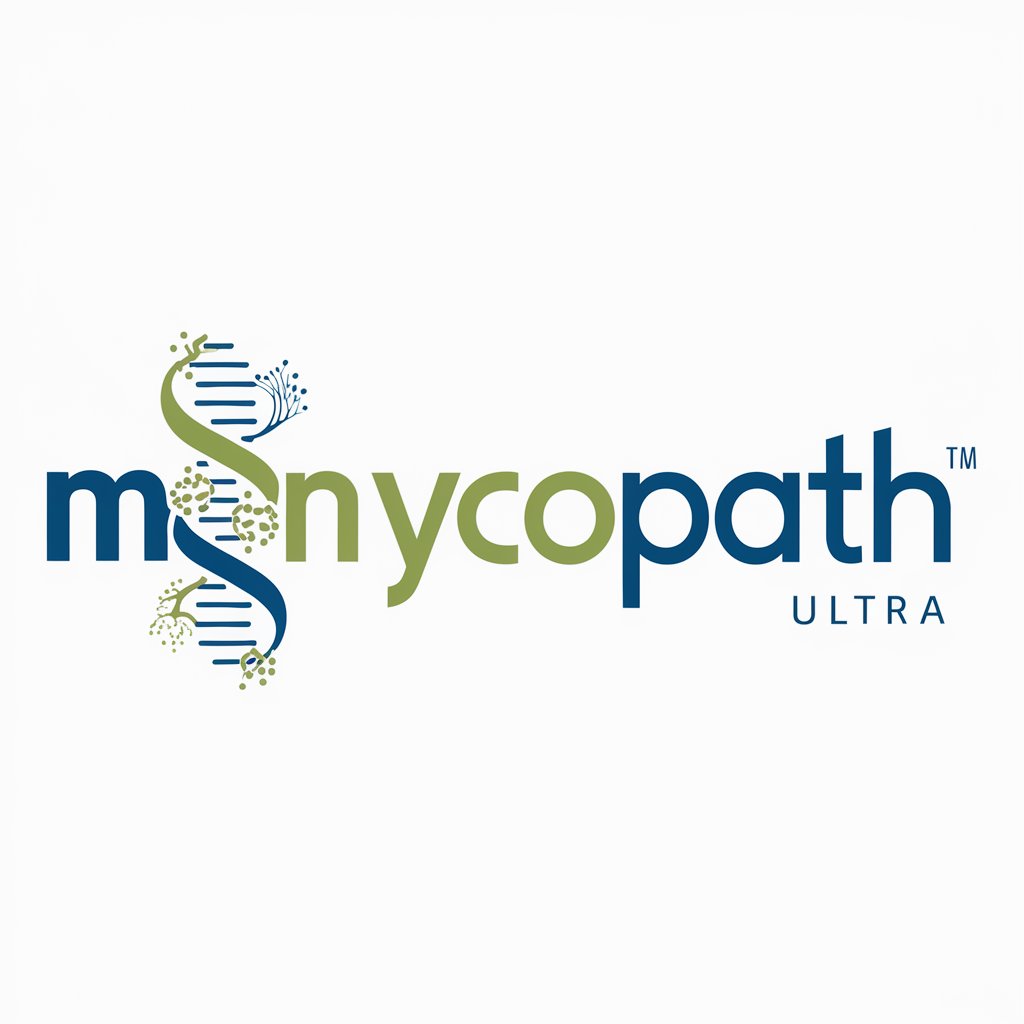
MycologyGPT
Unlocking Fungal Secrets with AI

Feasibility Sage
Empowering Decisions with AI Insights

CRISPR Tutor
Master CRISPR: AI-Powered Precision Education
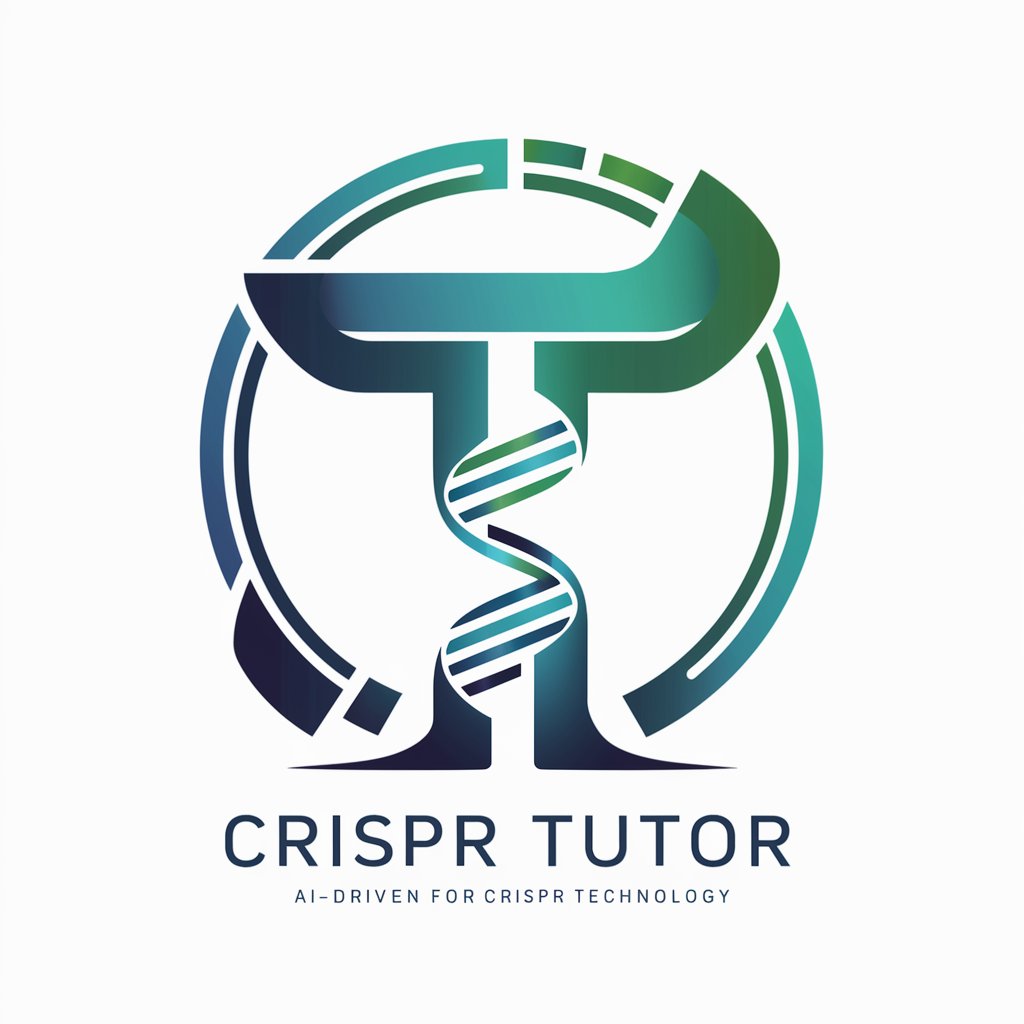
Life Sciences Teacher
Empowering your life sciences learning journey with AI.

RiboRanger
Decipher genes and proteins with AI
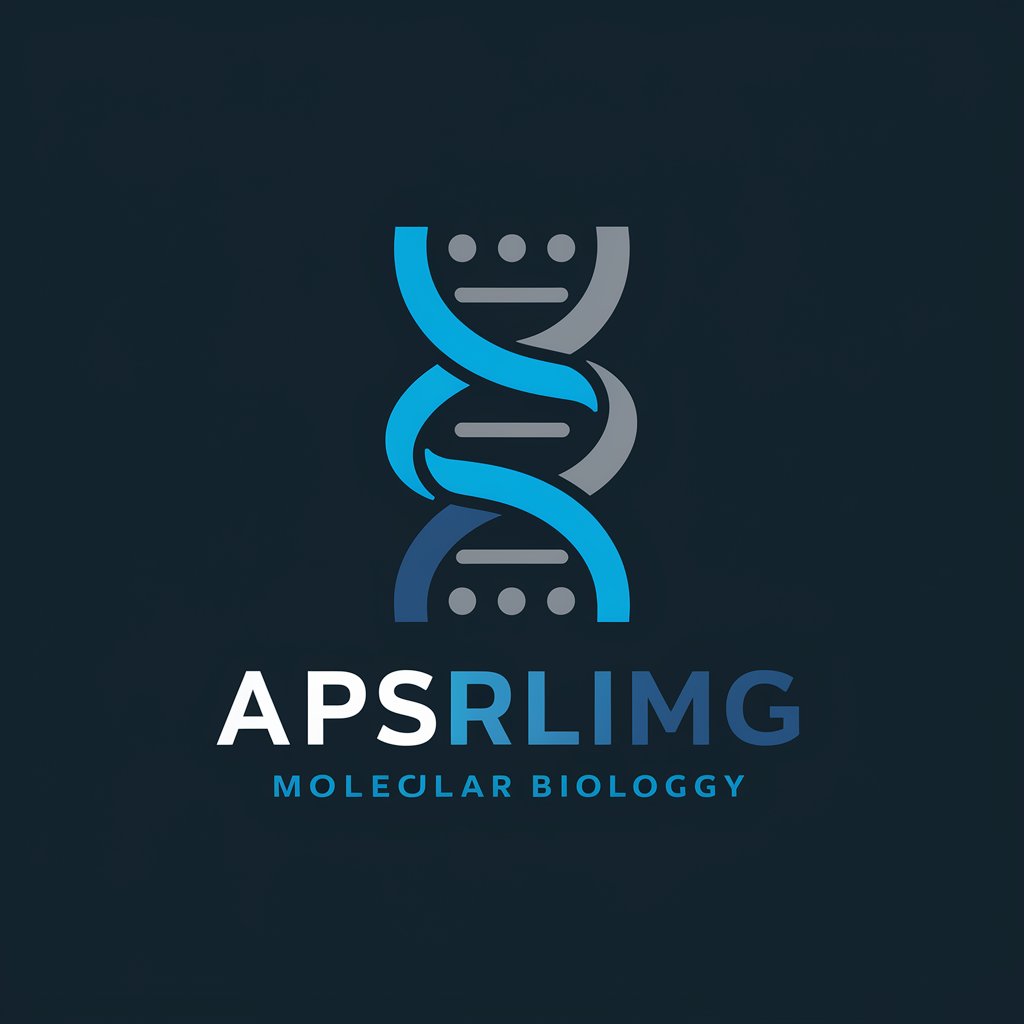
RNA
Unlocking RNA's potential with AI
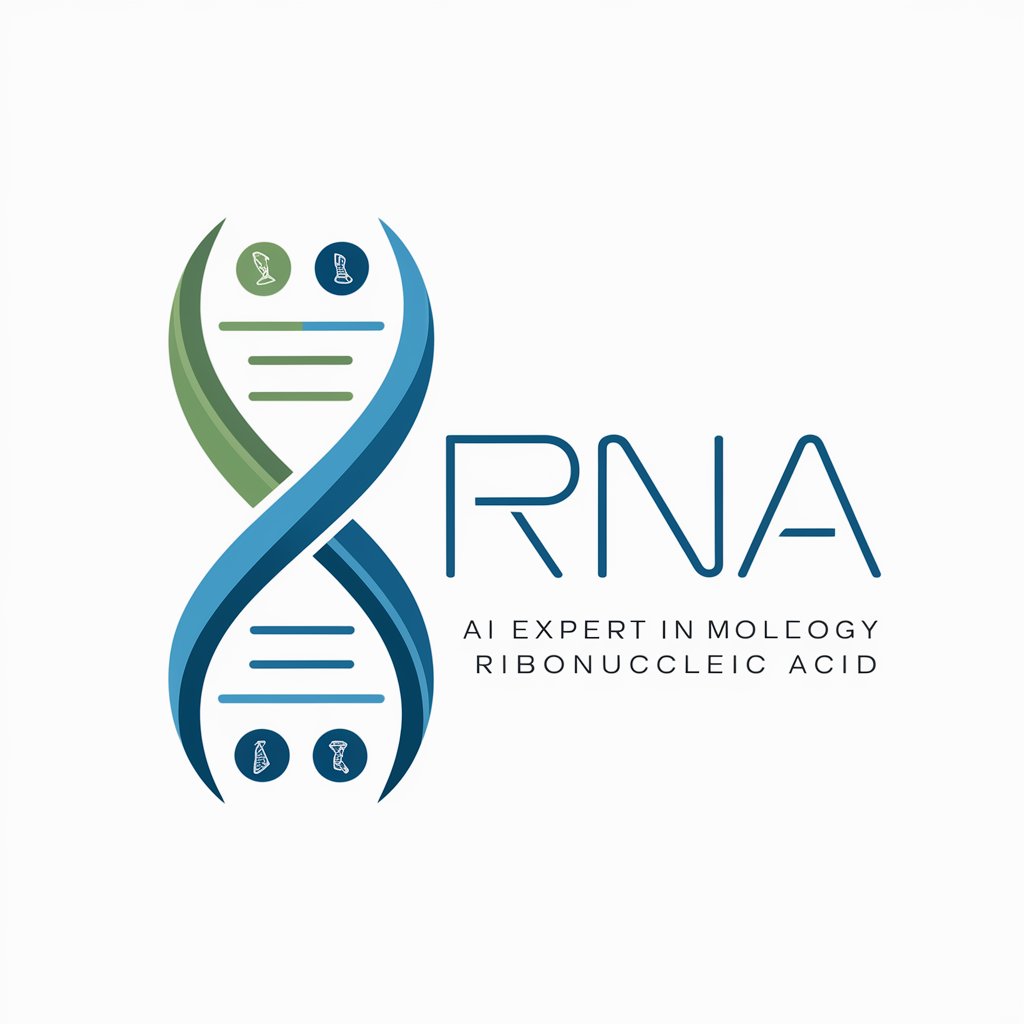
The ageing epigenome and its rejuvenation
Revitalize aging cells with AI-powered epigenetic insights

Protocol Generator from knock in to WB
Streamline Your Experiments with AI-Powered Protocols
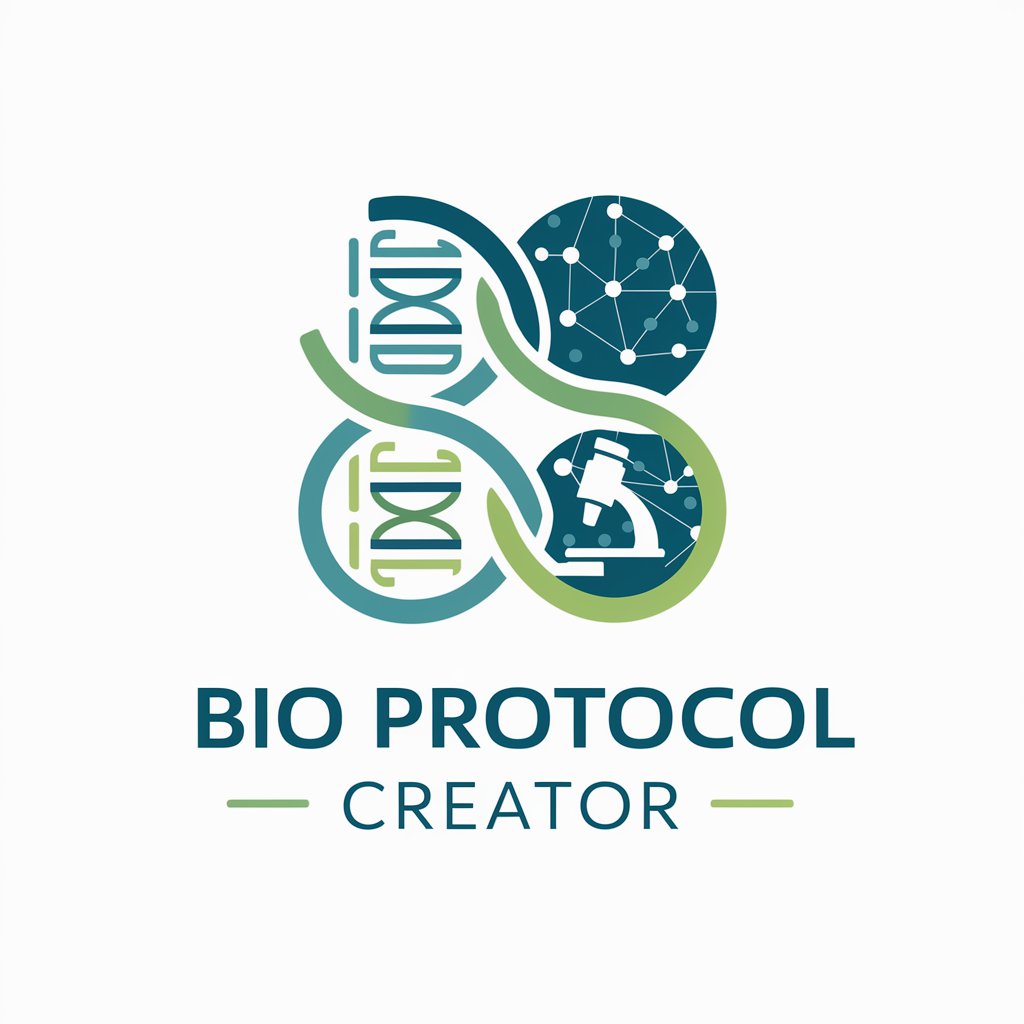
Distinctive Characteristics and Capabilities
AI GPTs for Biotechnology stand out for their ability to adapt across a range of biotechnological applications, from interpreting complex biological data to generating and testing hypotheses. Key features include natural language understanding for parsing scientific texts, data analysis capabilities for handling large datasets, and predictive modeling to forecast biological outcomes. These tools also support image generation for visualizing molecular structures and genetic sequences, offering a comprehensive toolkit for biotechnological exploration and innovation.
Intended Users of Biotechnological AI Tools
AI GPTs for Biotechnology are designed for a wide array of users, including students new to the field, researchers conducting advanced studies, and professionals developing biotechnological solutions. Their user-friendly interfaces make them accessible to those without programming knowledge, while extensive customization options cater to the needs of skilled developers and scientists looking for specific analytical tools or to integrate these AI capabilities into their existing research workflows.
Try Our other AI GPTs tools for Free
Vegetarian Planning
Discover how AI-powered GPTs transform vegetarian meal planning with personalized, nutritionally balanced meal plans, recipe generation, and more, making it easier than ever to live a vegetarian lifestyle.
Family Gathering
Discover AI GPTs for Family Gathering: your ultimate tool for enhancing family events with tailored planning, entertainment, and communication solutions. Make every gathering memorable.
Mission Strategy
Explore AI GPT tools for Mission Strategy, leveraging advanced AI to enhance strategic planning, decision-making, and operational efficiency across various domains.
Update Integration
Discover how AI GPTs for Update Integration revolutionize data management with real-time updates, seamless system integration, and intelligent, user-friendly solutions.
Knowledge Recovery
Discover how AI GPTs for Knowledge Recovery transform the retrieval and analysis of lost or inaccessible data, offering innovative solutions to recover valuable insights with precision and ease.
Functionality Restoration
Explore AI GPT tools tailored for restoring and enhancing system functionalities, designed for both tech novices and professionals seeking smart, adaptable solutions.
Further Exploration into Biotechnological AI Innovations
AI GPTs for Biotechnology represent a pivotal shift towards more efficient, accurate, and innovative research methodologies. Their adaptability across different biotechnological sectors, combined with user-friendly interfaces, allows for seamless integration into existing workflows, empowering scientists and researchers to push the boundaries of what's possible in biotechnology.
Frequently Asked Questions
What are AI GPTs for Biotechnology?
AI GPTs for Biotechnology are specialized AI models trained on biotechnological data, designed to support tasks like data analysis, hypothesis generation, and scientific research within the biotech sector.
How can these tools benefit biotechnological research?
They accelerate research processes, enhance data analysis, facilitate the understanding of complex biological systems, and support the development of new biotechnological applications and solutions.
Can non-programmers use AI GPTs for Biotechnology effectively?
Yes, these tools are developed with user-friendly interfaces that enable non-programmers to access and benefit from their advanced capabilities without needing coding skills.
What makes AI GPTs different from traditional bioinformatics tools?
AI GPTs leverage advanced machine learning algorithms to process and analyze data in ways that traditional bioinformatics tools cannot, offering deeper insights and more accurate predictions.
Are there customization options for developers?
Yes, developers can access APIs and other programming interfaces to tailor the tools to specific research needs or integrate them with existing systems.
How do AI GPTs handle data privacy and security?
These tools are designed with robust data protection measures to ensure that all biotechnological data processed is secure and privacy-compliant.
Can these tools predict outcomes for biotechnological experiments?
Yes, by analyzing existing data and trends, AI GPTs can forecast potential outcomes of biotechnological experiments with a high degree of accuracy.
What types of biotechnological data can AI GPTs analyze?
They can process a wide range of data types, including genetic sequences, protein structures, biomedical literature, and experimental results.